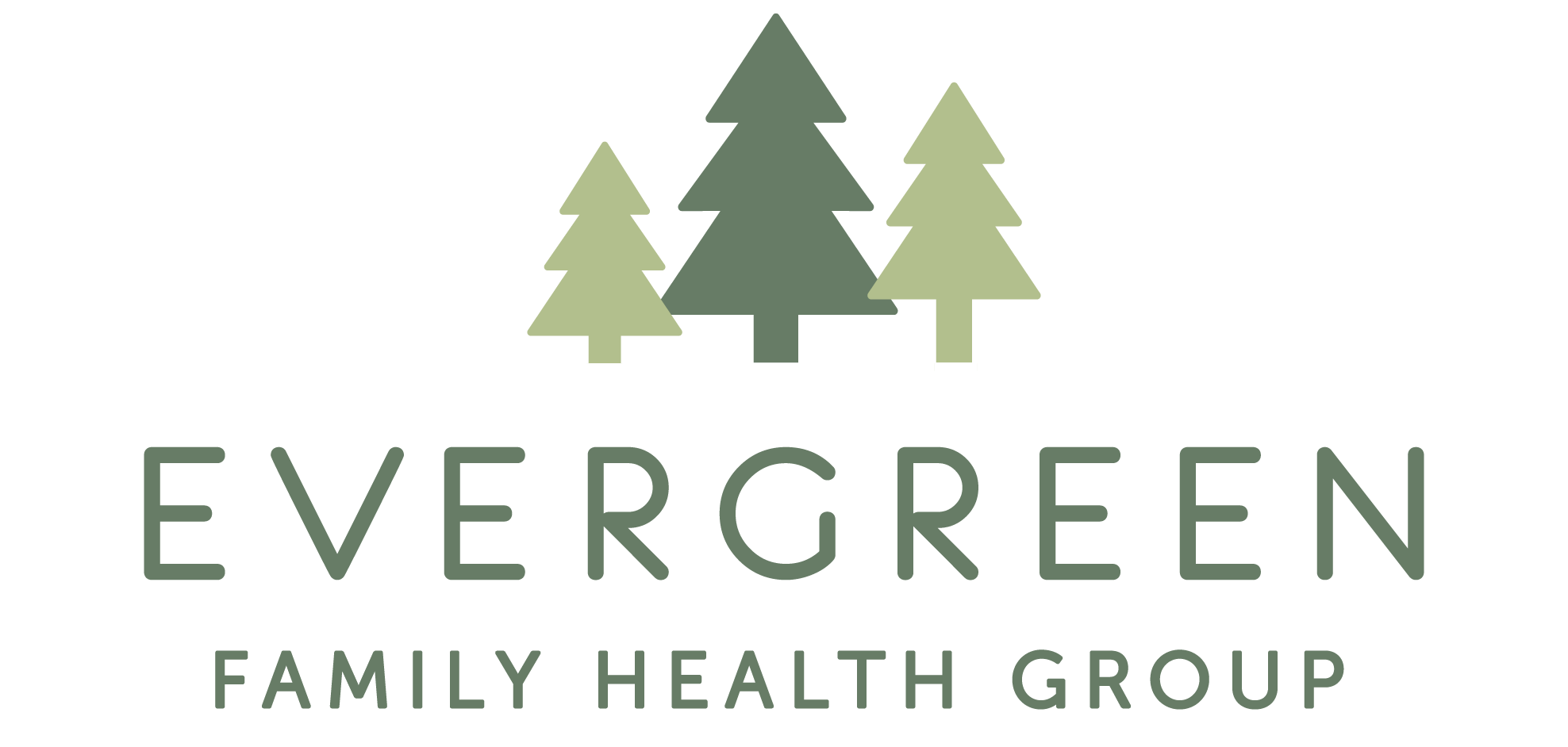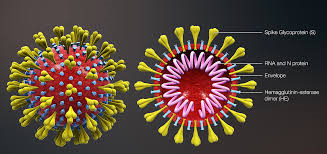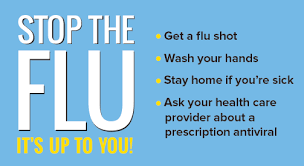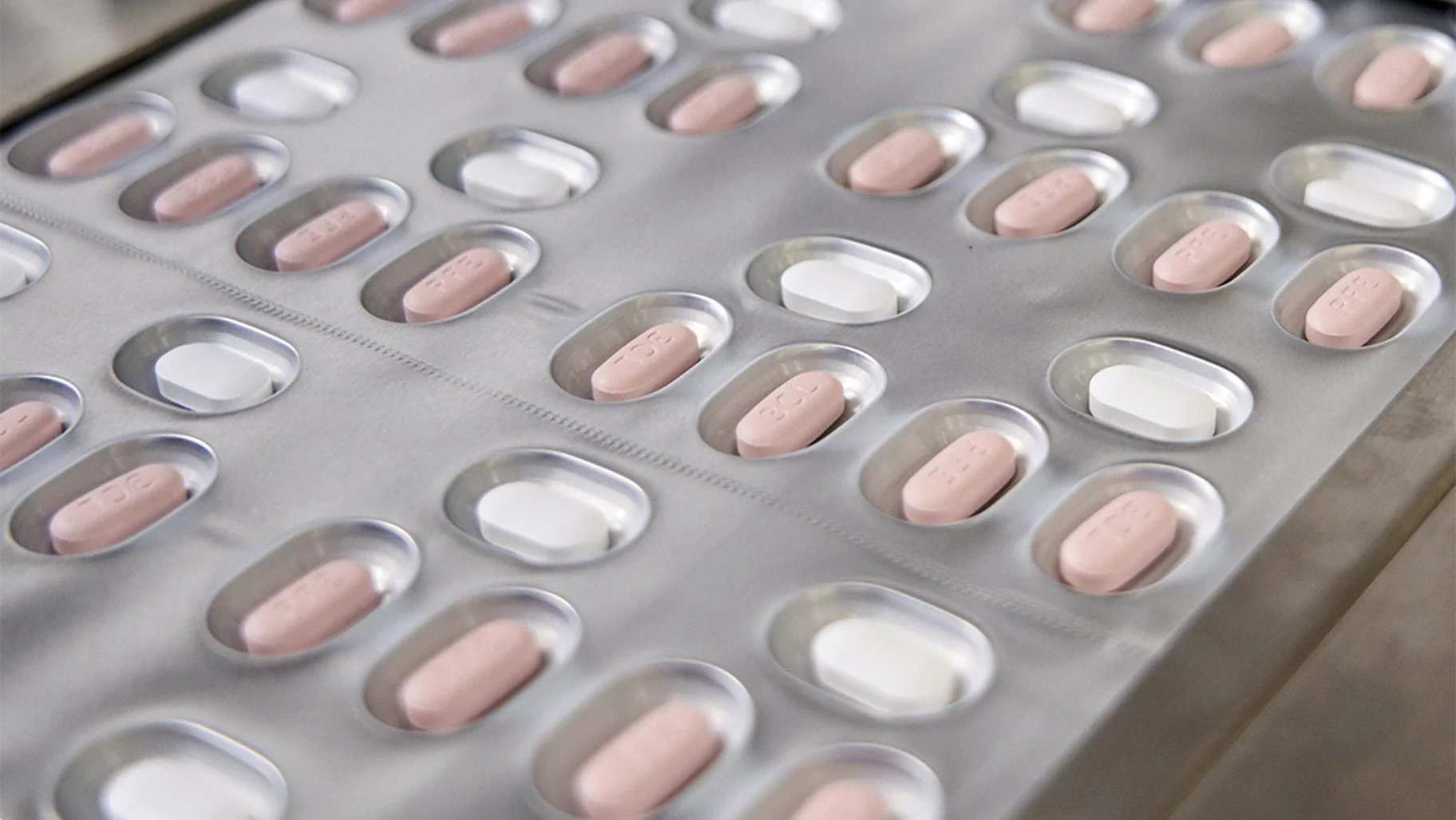The following information is for adults who have NEVER BEEN diagnosed with coronary artery disease, angina, heart attack, stroke or peripheral vascular disease. If you have any of these conditions, this information does not apply to you.
This information applies to adults ages 40 and older who are healthy AND to adults ages 40 and older who have increased risk of developing cardiovascular disease, such as high blood pressure, tobacco smoking, diabetes and high cholesterol.
First, some DEFINITIONS:
PRIMARY PREVENTION: preventing a disease or condition before it starts. (Secondary prevention means preventing recurrence or worsening of a condition which already exists.)
CARDIOVASCULAR DISEASE: a condition in which plaque builds up inside arteries, which can lead to blockages in arteries supplying blood flow to important organs in the body. When this occurs in arteries in the brain, it is called cerebrovascular disease and can lead to a stroke. When it occurs in the heart, it is called coronary artery disease and can lead to a heart attack, and when it occurs in the legs, it is called peripheral artery disease and can lead to pain in the lower legs while walking (relieved by rest) or ulcerations in the skin of the feet or lower legs which do not heal.
ASPIRIN: a medication which blocks the action of platelets. Platelets are cells in the blood which help form blood clots. By blocking the action of platelets, aspirin can help prevent heart attacks and strokes. Aspirin can also have a serious side effect of bleeding, particularly from the stomach.
********************************************************************************************************
Next, ASPIRIN RECOMMENDATIONS for PRIMARY PREVENTION:
For adults aged 40 to 59 years with a 10% or greater 10-year cardiovascular disease (CVD) risk:
The decision to initiate low-dose aspirin use for the primary prevention of CVD in adults aged 40 to 59 years who have a 10% or greater 10-year CVD risk should be an individual one. Evidence indicates that the net benefit of aspirin use in this group is small. Persons who are not at increased risk for bleeding and are willing to take low-dose aspirin daily are more likely to benefit.
For adults 60 years or older:
The USPSTF recommends against initiating low-dose aspirin use for the primary prevention of CVD in adults 60 years or older.
********************************************************************************************************
QUESTIONS and ANSWERS (Again, this information applies only to those who have never been diagnosed with cardiovascular disease):
Q: How do I know if my 10-year risk for developing cardiovascular disease is 10% or greater?
A: Speak to your primary care provider. There are population-based calculators to approximate your risk, but the calculators have inherent inaccuracies.
Q: What if I am age 60 to 75 and already taking aspirin to prevent heart disease? Should I stop taking it?
A: Speak to your primary care provider. The answer is nuanced and depends on your own personal health and potential benefits versus harms of aspirin.
Q: What if I am age 75 or older and already taking aspirin? Should I stop taking it?
A: Yes, you should stop taking aspirin.
Q: Just how important is aspirin for preventing cardiovascular disease?
A: The answer is nuanced, and depends on your personal health and risk factors for cardiovascular disease. Aspirin has greater importance for adults who have greater risk of developing the disease, compared to adults at low risk. The BEST ways for adults to prevent cardiovascular disease are to:
-keep the blood pressure low, ideally 120/80 or less
-quit smoking tobacco
-keep diabetes well controlled (A1C level less than 7.0)
-have desirable cholesterol levels
-follow a Mediterranean diet
-get regular exercise






